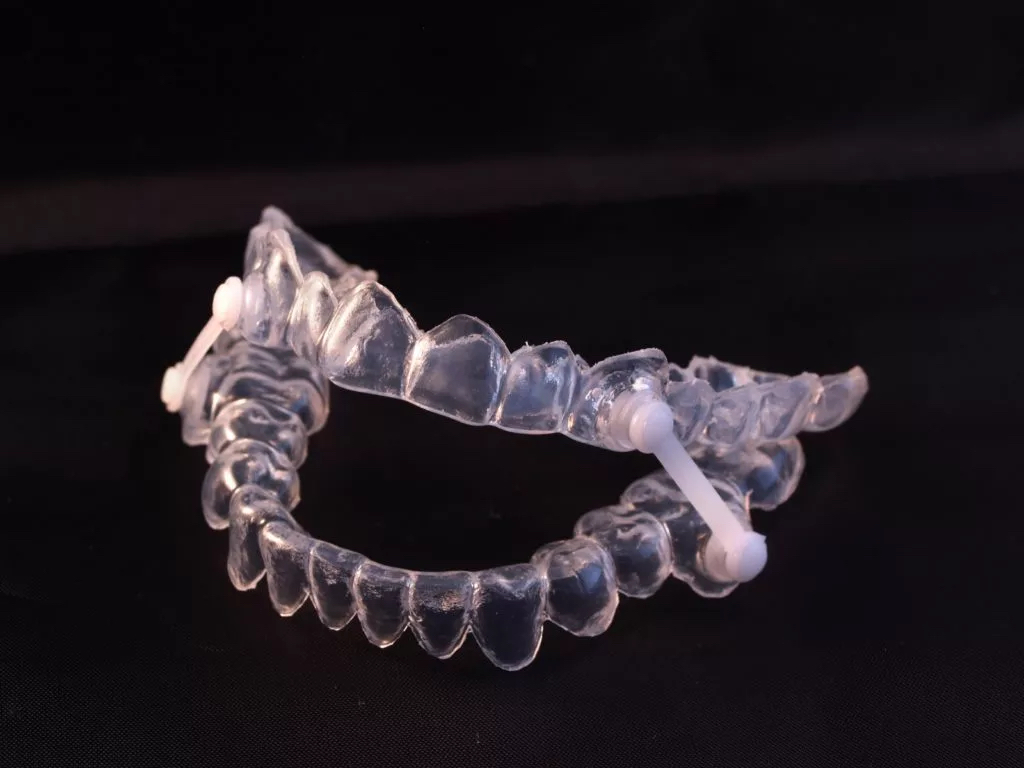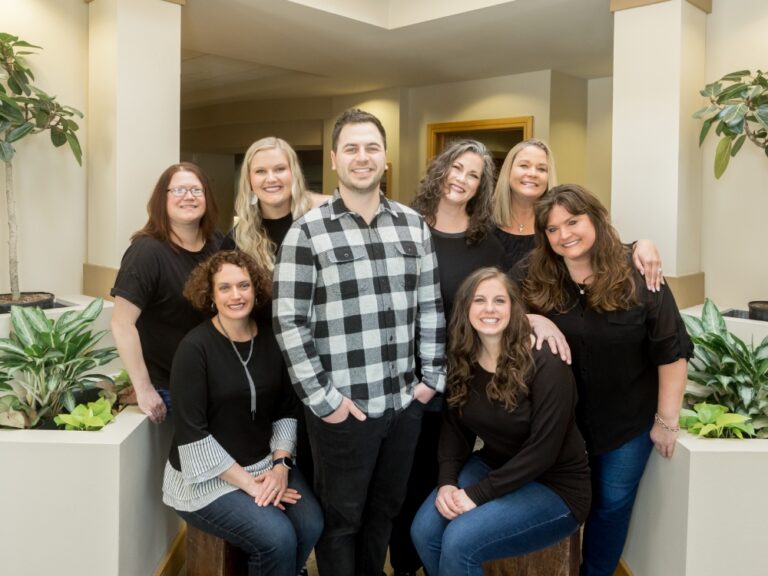Sleep Apnea
Sleep apnea treatment can enhance your sleep quality, increase daytime energy, and promote better overall health. By helping you breathe consistently through the night, treatment may reduce snoring, improve focus, and lower health risks. Our team offers comfortable options tailored to your needs.
Sleep Apnea Treatment in Fargo, ND
Sleep apnea is a common sleep disorder that causes breathing to repeatedly stop and start during the night, often without you realizing it. These breathing interruptions can lead to loud snoring, restless sleep, morning headaches, and ongoing daytime fatigue. Over time, untreated sleep apnea may increase the risk of high blood pressure, heart disease, stroke, and difficulty concentrating.
Treatment can depend on the cause and severity, but may include lifestyle changes, CPAP therapy, or a custom oral appliance made by your dentist to help keep the airway open. Getting treatment improves sleep quality, protects your health, and enables you to feel your best.
Many people suffer needlessly from dangerous sleep-disrupting disorders that keep them from getting enough oxygen at night. The risk of a heart attack is 23 times more likely than average with a sleep disorder, and 92% of stroke victims live unknowingly with this condition before an attack. Our training enables us to provide you with education and treatment related to sleep health.

-
What are the different types of sleep apnea?
The most common form, obstructive sleep apnea (OSA), happens when throat muscles relax and block the airway. With central sleep apnea, your brain fails to send signals properly to the muscles that control breathing. Some people experience complex (mixed) sleep apnea, a combination of both. If you suspect sleep apnea, a dental evaluation may help identify solutions to improve airflow and support healthier sleep.
-
How is sleep apnea diagnosed?
Sleep apnea is typically diagnosed through a combination of a health history review, symptom assessment, and sleep testing. Your dentist may ask about loud snoring, daytime fatigue, morning headaches, or interrupted breathing during sleep, often reported by a partner. If sleep apnea is suspected, a sleep study may be recommended, either at home or in a sleep center, to measure breathing patterns, oxygen levels, and sleep quality.
Once results are reviewed, we can help coordinate care and discuss next steps for treatment and long-term wellness.
-
What are the symptoms of sleep apnea?
Sleep apnea is more than loud snoring; it’s a condition that repeatedly interrupts breathing during sleep, leaving your body without enough oxygen. Common symptoms include chronic snoring, gasping or choking at night, restless sleep, and waking up with a dry mouth or headache. Many people also feel exhausted during the day, have trouble concentrating, or experience mood changes, such as irritability. If you’ve been told you stop breathing while sleeping, or you’re waking up unrefreshed even after a whole night, sleep apnea could be the cause.
Are Suffering From Sleep Apnea?
If you are experiencing the symptoms of sleep apnea or would like to know more about our treatment process, please don't hesitate to reach out!
